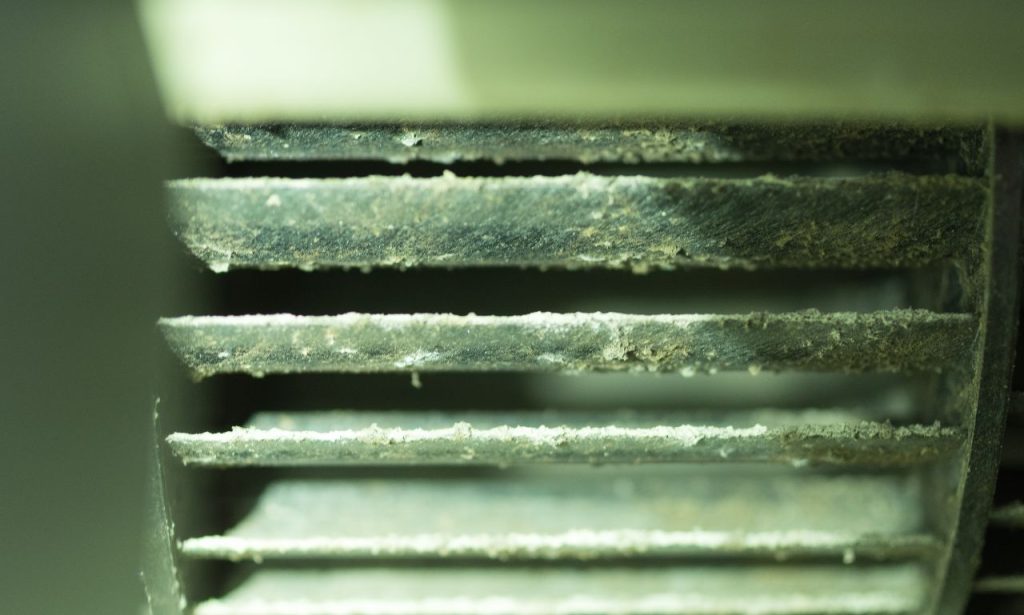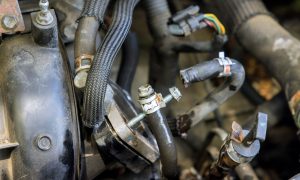Driving should be an enjoyable experience, but nothing can ruin a drive faster than the lingering smell of an old car. Whether it’s the musty odor of aged fabric or the stubborn scent of spilled coffee, getting rid of these smells can be a challenge. Fortunately, with the right approach, you can restore your car’s fresh, clean scent. This guide will take you through the process of identifying and eliminating those unpleasant odors, and provide you with tips to keep your car smelling fresh for years to come.
Identify the Source of the Odor
Before you start trying to eliminate the smell, it’s crucial to identify its source. This can save you time and ensure that your efforts are effective. Odors in cars can come from a variety of sources:
Check for Any Spills or Stains
Spills and stains are common culprits of bad smells in cars. Beverages like coffee, soda, and milk can seep into the upholstery and carpets, leading to persistent odors. Check the following areas for spills or stains:
- Seats: Look closely at the fabric or leather for any discoloration.
- Floor mats and carpets: Lift the mats and inspect the underlying carpet for stains or dampness.
- Console and cup holders: These areas often collect spills and crumbs.
Look for Mold or Mildew

Mold and mildew thrive in damp environments and can produce a strong, musty odor. Common sources of moisture include:
- Leaking windows or sunroofs: Check for any signs of water ingress.
- Air conditioning system: Moisture can accumulate in the AC system, leading to mold growth.
- Carpets and upholstery: Feel for dampness, especially in areas that are less frequently cleaned.
Inspect the Trunk
The trunk is often overlooked when it comes to car odors. However, it can harbor a variety of smells, particularly if you regularly transport groceries, sports equipment, or other items. Make sure to:
- Remove all items: Take everything out of the trunk to inspect the space thoroughly.
- Check for leaks: Look for any signs of water damage or leaks.
- Clean the spare tire compartment: This area can collect dirt and moisture over time.
Deep Clean Your Car’s Interior
Once you’ve identified the source of the odor, it’s time to deep clean your car’s interior. This process involves several steps:
Vacuuming
Start by vacuuming the entire interior to remove loose dirt and debris. Pay special attention to:
- Seats and seat crevices
- Floor mats and carpets
- Under seats and in between seat cushions
- Trunk area
Shampooing Upholstery and Carpets
Shampooing can help remove embedded dirt and odors from your upholstery and carpets. You can use a commercial carpet cleaner or a mixture of water and mild detergent. Make sure to:
- Test a small area first: To ensure the cleaner doesn’t damage the fabric.
- Scrub gently: Use a soft brush to work the cleaner into the fabric.
- Rinse thoroughly: Remove any soap residue by blotting with a clean, damp cloth.
Cleaning Hard Surfaces
Don’t forget to clean hard surfaces in your car, such as the dashboard, door panels, and console. Use a suitable cleaner for each surface type:
- Plastic and vinyl: Use a mild detergent or a cleaner specifically designed for these materials.
- Leather: Use a leather cleaner and conditioner to keep the leather supple and prevent cracking.
- Glass: Clean windows and mirrors with a glass cleaner to ensure they’re streak-free.
Deodorizing
After cleaning, deodorize your car to tackle any remaining smells. Options include:
- Baking soda: Sprinkle baking soda on carpets and upholstery, let it sit for a few hours, then vacuum it up.
- Charcoal: Place a few pieces of activated charcoal in the car to absorb odors.
- Odor eliminators: Use commercial odor eliminators or air fresheners designed for cars.
Prevention Tips for Keeping Your Car Smelling Fresh
Preventing odors from developing in the first place is the best way to keep your car smelling fresh. Here are some tips to help you maintain a pleasant-smelling car:
Keep Your Car Clean and Free of Clutter
Regular cleaning can prevent odors from developing. Make a habit of:
- Removing trash: Dispose of any trash immediately.
- Vacuuming regularly: Keep dirt and debris from accumulating.
- Wiping down surfaces: Regularly clean hard surfaces to remove dust and spills.
Use Air Fresheners or Odor Absorbers as Needed
Air fresheners and odor absorbers can help maintain a pleasant scent in your car. Consider:
- Hanging air fresheners: Place them on your rearview mirror or air vents.
- Odor-absorbing bags: Use bags filled with activated charcoal or baking soda.
- Spray air fresheners: Use these as needed to freshen up the air.
Avoid Smoking or Eating in the Car
Smoking and eating in the car can lead to persistent odors. To prevent this:
- Designate your car as a smoke-free zone.
- Avoid eating messy foods: If you must eat in the car, choose foods that are less likely to spill or leave crumbs.
Regularly Clean and Replace the Cabin Air Filter
The cabin air filter helps keep the air inside your car clean. Over time, it can become clogged with dirt and debris, leading to unpleasant odors. To maintain good air quality:
- Check the filter regularly: Inspect it every few months and replace it as needed.
- Follow your car manufacturer’s recommendations: Replace the filter according to the suggested maintenance schedule.
Keep Windows Cracked Open to Allow for Proper Ventilation

Proper ventilation can help prevent odors from building up inside your car. When parked, consider:
- Cracking open the windows: This allows for airflow and helps keep the interior dry.
- Using window visors: These can provide ventilation while protecting your car from rain.
Store Food or Other Smelly Items in Sealed Containers or Bags
When transporting food or other items that might produce odors, use sealed containers or bags to contain the smell. This can help prevent the odors from permeating your car’s interior.
Conclusion
Eliminating old car smells requires a combination of identifying the source, deep cleaning, and preventive measures. By following these steps, you can restore your car’s fresh scent and enjoy a more pleasant driving experience. Remember, regular maintenance and cleanliness are key to keeping your car smelling fresh.
ALSO READ: Why Does a Car Blow Hot Air When the AC is Off?
FAQs
It’s a good idea to clean your car’s interior at least once a month. However, if you frequently eat, transport pets, or have kids in the car, you may need to clean it more often.
While some household cleaning products can be used on your car’s interior, it’s important to test them on a small, inconspicuous area first. Avoid using harsh chemicals that can damage the surfaces.
Removing cigarette smell can be challenging. Start by thoroughly cleaning all surfaces, including the seats, carpets, and air vents. Use odor absorbers like activated charcoal, and consider having your car professionally detailed if the smell persists.
Preventing mold and mildew involves keeping your car dry. Check for leaks regularly, avoid leaving wet items in the car, and ensure proper ventilation by cracking open the windows when parked.
Yes, there are several natural alternatives to commercial air fresheners. Baking soda, activated charcoal, and essential oils can all help to absorb and neutralize odors.




